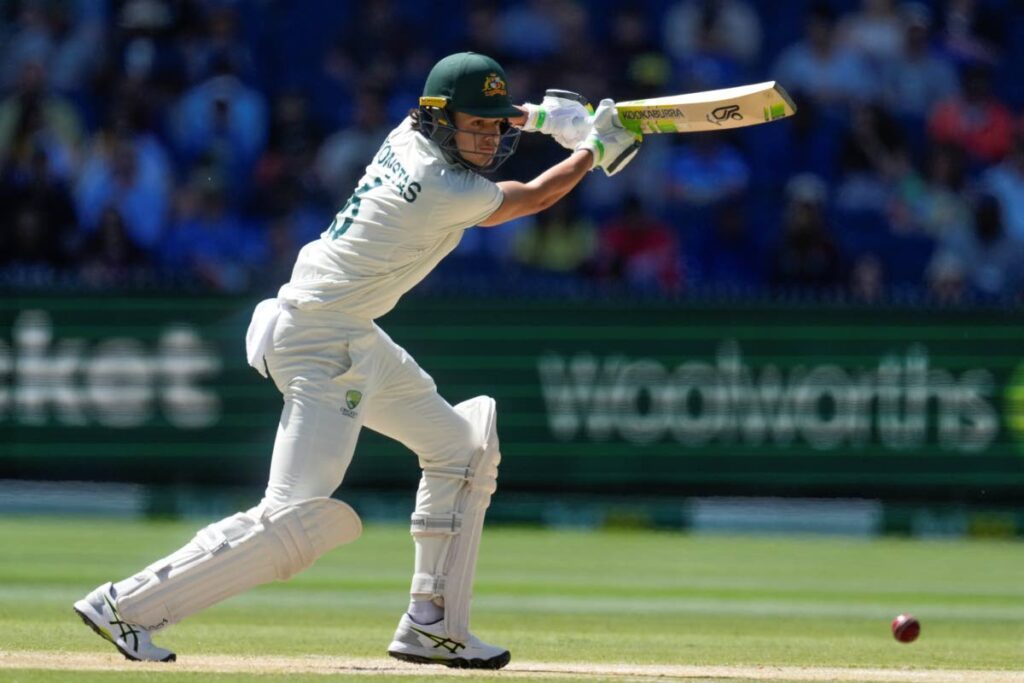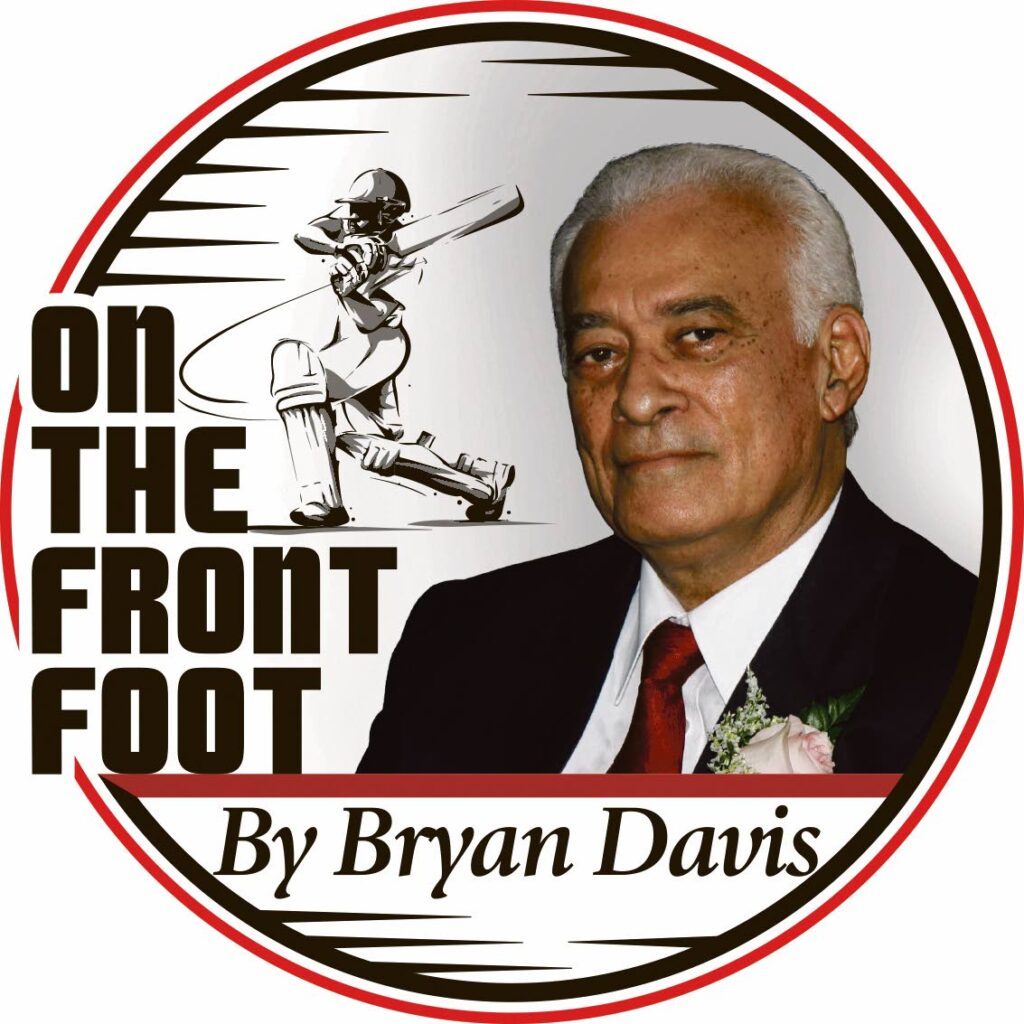Youth, selectors and coaches

A brave young Aussie
Sam Konstas is an Australian opening batsman who made his Test debut last weekend against India.
He is just 19 and began his career with a score of 60 in the annual highlight of the Australian cricket season, the Boxing Day Test, played at the Melbourne Cricket Ground.
The precocious Konstas, it is reported, looked nervous as he played and missed four times in the opening over of the match, bowled by the very experienced, Jasprit Bumrah.
The report continued, “The youngster fought back by playing three audacious reverse scoops over slips in Bumrah’s fourth over, hitting two fours and a six.”
He played a few more of these risky strokes, and I couldn’t believe what I was witnessing, as he is only 19 and this was his first Test match.
It is a risky attempt at any time and takes loads of courage and tremendous self-confidence, mainly because it is an untrustworthy shot that could be one’s undoing.
I wish the young man all the best in his future.
Nonetheless, the risk is his and he will have to know how to deal with it when things don’t go his way.
As an opening batsman one needs a solid base to rely on when the pitches are more helpful to the fast and medium-pace bowlers moving the ball off the seam, including the swing of the new ball.
Batsmanship entails, regardless of whether one is from Australia, West Indies, or the Fiji Islands, striking the bad ball to the boundary, preventing the good ball from hitting, finding the gaps in the field through which to stroke the ball, playing the bad delivery well by scoring off it, and taking no risks, whether with a good or bad delivery.

Nevertheless, a batsman is there to score runs and thus help his team to win, and he can’t do it while sitting in the pavilion.
Head coaches should not be selectors’ chairs
Daren Sammy will be the WI chairman of selectors in all three formats from April 2025.
There’s no good reason why the head coach should be the chairman of selectors.
A coach is someone with whom selectors like to have chats, to get their ideas on how to analyse situations concerning the players who are under the microscope.
After that, it is up to the selectors to weigh the coaches’ input, analyse what is best for the team, and when everything is taken into consideration and after discussion, accompanied with deep analysis, arrive at the right combination to win the game under match conditions.
The head coach of the team should not be the chairman, as he needs to be objective and that would be uncomfortable. The coach, by the nature of his job, has to be close to his players to know them well, for the main reason that what may be joy for one player could be discouraging for another.
Also, he may notice a latent talent in one that he knows will be rewarding, without noticing the acceptable qualities of another.
I still can’t understand why the aging duo of Johnson Charles and Andre Fletcher were preferred to Justin Greaves and Keacy Carty, especially after losing the first two games in the recent three-match T20 series against Bangladesh.
Greaves and Carty should have played in all three games, if only because of their success in the previous three ODI’s, bringing the winning attitude along with them.
That would have been a confidence-booster for both; plus the message would have been diplomatically sent to Charles and Fletcher that the WI team is gradually being rebuilt in a no-nonsense manner.
Mentally astute cricketers would be able to adjust their game to all formats, as it is not a serious challenge.
Bowlers have to continually change and adjust their methods during a game, but somehow, some coaches and selectors seem to believe player changes have to be made for the various formats.
In order to achieve optimum performances from the top selections, do not employ the head coach as chairman of selectors.
There ought to be separate chairmen. Of course, they would liaise with each other, both privately and as a committee.
This would allow the coach to feel much better about his conversations with his players, as they wouldn’t be worried about their selection, and would hence be free to talk and discuss matters in the confidence that he isn’t a selector.

Comments
"Youth, selectors and coaches"